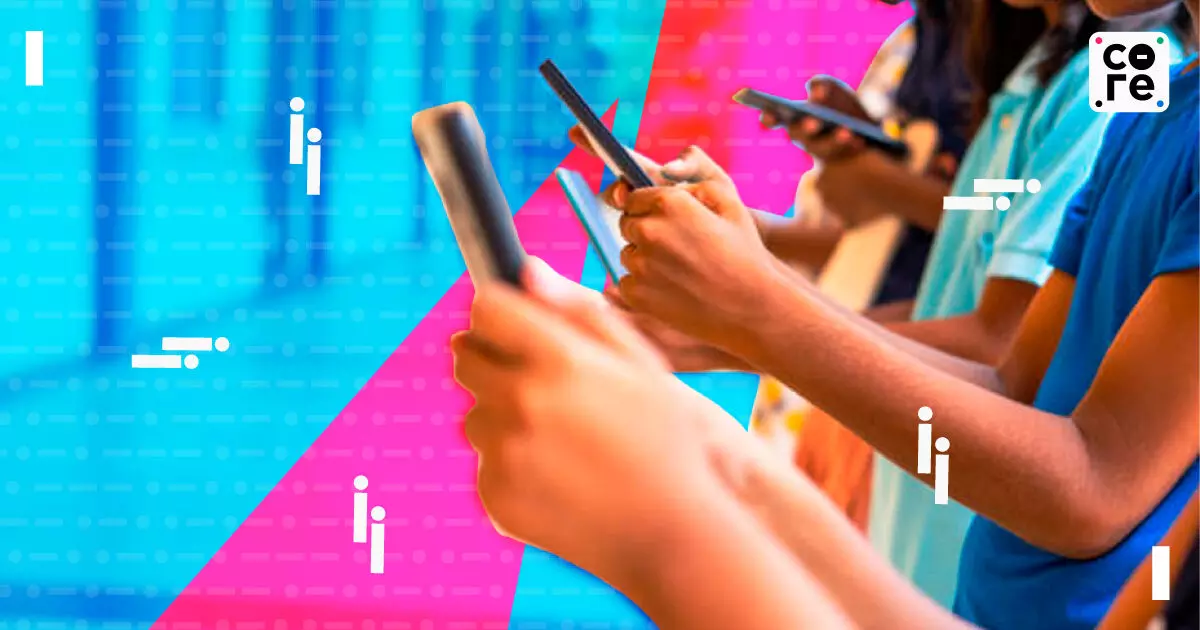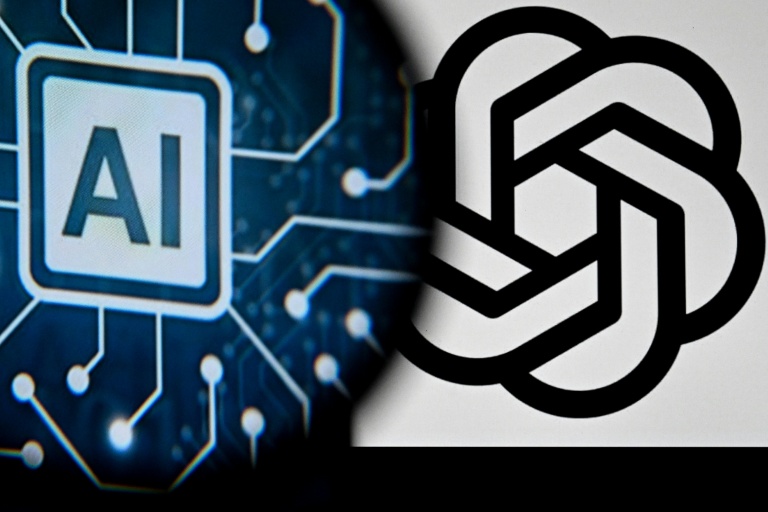Copyright thecore

The state of New Jersey in the United States which houses a fair number of Indian immigrants, legal and sub-legal, elected a democrat governor yesterday. At the same time Indian origin Zohran Mamdani won his election as New York city mayor. But today’s focus is on neighbouring New Jersey. 53-year old Mikie Sherrill, is also a helicopter pilot who graduated from the United States Naval Academy in 1994. She flew missions as a Sea King helicopter pilot in Europe and Middle East. After serving in the navy for around a decade, the mother of four children studied law at Georgetown University and subsequently joined the U.S. Attorney’s Office in New Jersey. So what could someone from such a background promise to work on being elected? Admittedly, it is a rhetorical question since we are far away but here are some of her promises. Freeze the state’s high electricity costs by declaring a state of emergency on her first day in office in January. Get cellphones out of classrooms and hire more mental health counselors for schools. Using data gathered through a new “social media addiction observatory,” she said her administration will take on digital platforms that use algorithms to lure in children and teenagers. Could these promises be relevant to a regional or national politician in India ? The answer could be no because our issues are different and our politicians could rightly be focused on livelihoods, jobs and the other big trend of late, cash transfers to women voters. But could these be additional issues? Lets skip electricity, though it is a burning issue in many parts of the United States. Tariffs are rising sharply, also due to the proliferation of energy hungry data centres. Retail power prices in New Jersey were up 19% in August from a year earlier, a Wall Street Journal article said. But admittedly, high power costs do not surface so much as an election issue in India also because of subsidy responses. Let's examine the other two issues, getting phones out of classrooms and the fight against algorithms. The fight against algorithms is a larger one and may appear more distant so lets put that aside too. In the last week, several prominent voices, including Michael Bloomberg, former mayor of New York and owner of Bloomberg news made a strong case against children using Artificial Intelligence as a tool or aid in their education. Bloomberg starts off by saying elected officials are finally waking up to the educational harms of mobile phones in public schools. As more districts ban them, the reports are highly encouraging—though hardly surprising, given the positive results we saw in New York City when we removed them from schools nearly 20 years ago, he says. Yet, he laments, that even as phone bans spread, elected officials and Silicon Valley executives are trying to open classrooms to a technology that could set students back even further than mobile phones have: artificial intelligence (AI). An NYT article by Anastasia Berg who teaches philosophy at the University of California, Irvine says higher education aims to create cognitively mature adults, which in turn requires us to ensure students learn to read, think and write all on their own. But she says, “Our students are about to turn subcognitive.” At stake are not just specialized academic skills or refined habits of mind but also the most basic form of cognitive fluency. Her argument: To leave our students to their own devices — which is to say, to the devices of A.I. companies — is to deprive them of indispensable opportunities to develop their linguistic mastery, and with it their most elementary powers of thought. This means they will lack the means to understand the world they live in or navigate it effectively. Now, arguing against AI is not the same as arguing against cellphones in class but there is obviously a link since cellphones or devices to extend Dr Berg’s and Bloomberg’s analogy are the primary gateway. In many Indian households, the smartphone is also the only computer in the house as was evident during Covid when many children attended classes via their parents’ cellphones. This is a much longer discussion but there is little doubt that overuse of cellphones are now causing damage to a host of neural and cognitive abilities. There is also little doubt that you can’t educate your way out of this problem if you are to think of today’s youth as a harbinger of tomorrow’s bright future. China offers some insights into tackling this challenge worth looking at. While replicating China may not be the best recourse, given that this does come with some caveats, there are threads worth picking up. A report in the Information Technology and Information Foundation, a Washington DC based non-profit, quotes the Cyberspace Administration of China’s (CAC) “minor mode initiative,” a series of requirements for mobile device settings that give parents more control over ...



